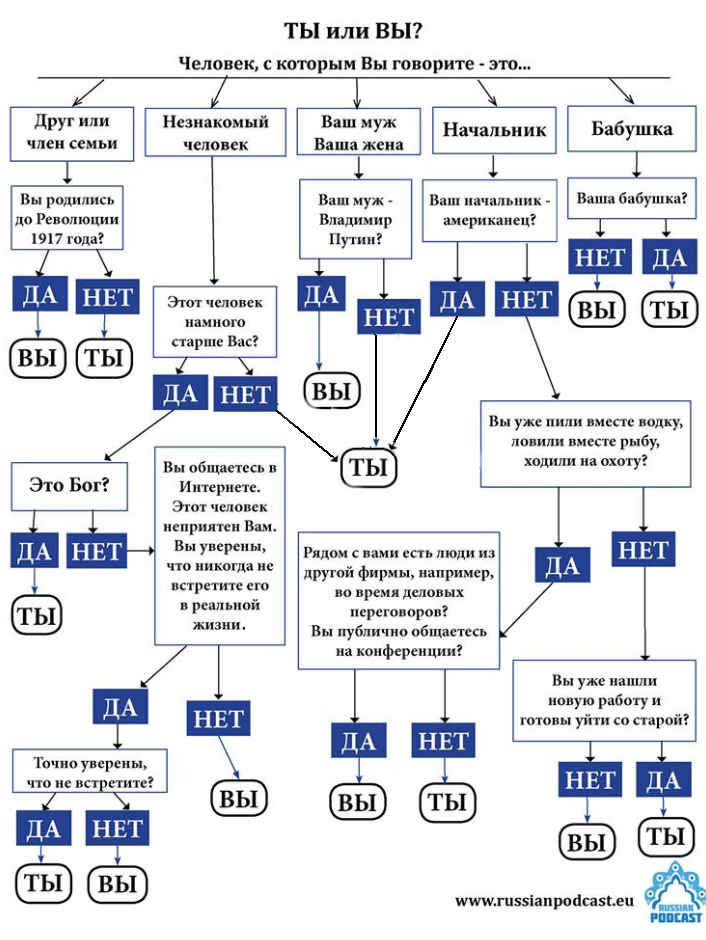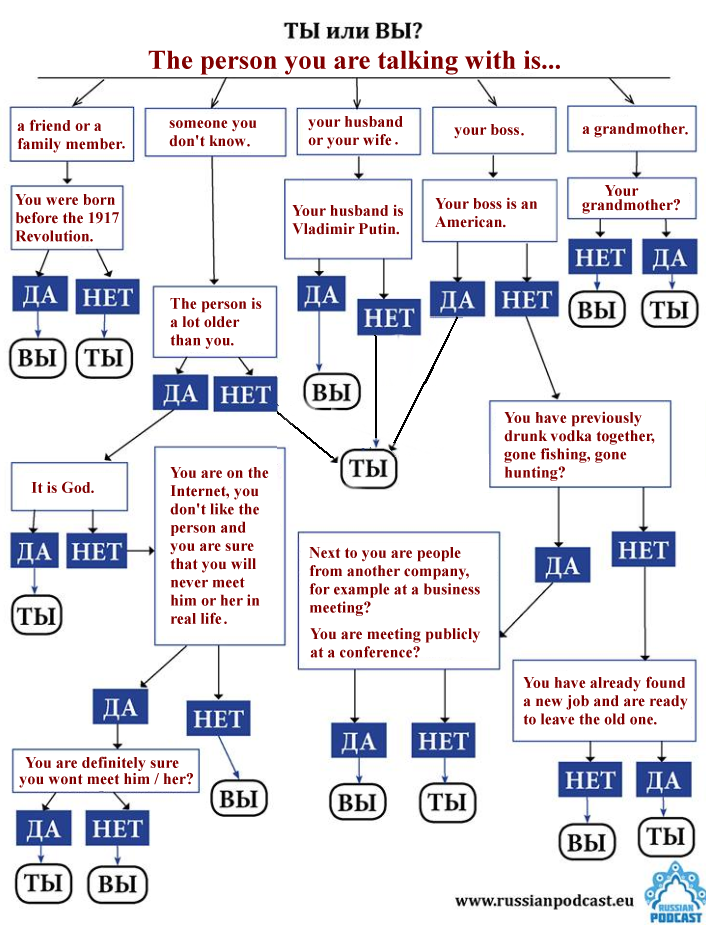












Ruslan Audio
Ruslan 1-2 Audio Drills
Ruslan 1 Video Cartoons
More videos for learners
Quizlet Facebook
9. Мечты сбываются. Dreams come true. November 2020.
It is so heartening when I receive feedback from learners who have really achieved something as a result of learning Russian, either work related or personal. The note below is from Ian Marshall who is learning in Australia. "Мечты сбываются - Dreams come true".

"In summer 2008 I swam in Lake Baikal when staying at the touristy town of Listvyanka on the western shore. This time in 2020 I walked out onto the frozen Baikal from a remote village on the eastern shore. The photo is of a sign near the guesthouse on the shoreline of Lake Baikal in the village of Sukhaya in the Buryatia region. It summed up my trip exactly: "Dreams come true!".
I have been enrolled at the Institute of Modern Languages at the University of Queensland and have completed their Level 1 and 2 which covers the Ruslan 1 textbook. This year I am working on my own to consolidate. I will go back to the beginning of Ruslan 1 and use the online material and then move on to Ruslan 2.
I was fortunate to travel for four weeks from St Petersburg to Vladivostok this last February just before the pandemic. This was my third trip to Russia. The highlights were Lake Baikal in winter and visiting the interior of the English Church of St Mary and All Saints where my grandparents were married in 1917. The church is on the English Embankment in St Petersburg. The church was in the news as the building was being restored for a concert hall and my sister and I were on the Russian evening news as descendants of the last British couple married there. Thanks to my Russian classes I was able to read the 1915 Petrograd phonebook and trace the addresses of the family homes as well as the address of the cold storage plant my great grandfather built and managed there.
My father spoke Russian fluently but unfortunately didn’t teach his children so I am so glad to be able to take it up now. I trust you appreciate the joy and opportunites that you must bring to so many people in learning another language."
Ian Marshall, November 2020.
I would like to collect feedback like this, I am sure there is more out there...
8. Серия учебников "Ruslan". Информация для преподавателя. June 2020
These are notes by Tanya Nousinova who has been teaching Russian at the University of Southampton for many years, to give teachers new to the course a useful summary of the pedagogical content of the Ruslan Russian course. Огромное спасибо, Таня!
К концу первого курса (Ruslan Russian 1) студенты овладевают системой склонений существительных (в основном, единственного числа) и личных местоимений и спряжений глаголов в настоящем и прошедшем времени, включая возвратные глаголы; приобретают представление о несовершенном и совершенном видах глагола, начинают употреблять глаголы движения, в том числе, с различными приставками; овладевают достаточно широкой лексикой по 10 темам; и многое, многое другое.
К концу второго курса (Ruslan Russian 2) студенты способны склонять существительные, прилагательные (единственного и множественного числа), притяжательные местоимения, порядковые числительные; употреблять сравнительную и превосходную степень прилагательных; спрягать глаголы во всех временах; они углубляют свои знания в употреблении видов глагола и в использовании глаголов движения; начинают употреблять условное наклонение и косвенный вопрос; и многое, многое другое. Лексика обогащается по 10-ти исключительно полезным темам.
К концу третьего курса (Ruslan Russian 3) студенты уверенно используют причастия всех типов (всех залогов, включая их склонение) и деепричастия настоящего и прошедшего времени. Их знания обогащаются склонением притяжательных прилагательных. Они оттачивают и углубляют грамматические знания, полученные на первом и втором курсах. Студенты знакомятся со склонением полного русского имени (имя, отчество, фамилия) и с правилами склонения иностранных имён в русском языке. Студенты учатся склонять числительные и знакомятся с собирательными числительными. Они приобретают навыки в написании официальных и частных писем. Студенты приобретают некоторые знания по русской литературе и советской истории (исключительно важная тема сталинских репрессий хорошо представлена в учебнике “Ruslan 3”). Они получают информацию об экологических проблемах Сибири и Байкала и об этническом составе населения Сибири; и многое, многое другое. Навыки письменного языка у студентов обогащаются журналистским стилем. Все студенты к концу третьего курса уверенно и бегло используют русскую клавиатуру. Они также получают представление о некоторых разговорных падежах, например, о звательном падеже.
Tanya Nousinova,
Russian Lecturer,
School of Modern Languages,
University of Southampton
На уроке русской грамматики…
T. = Teacher
S. = Student
T.: Today we are learning plural forms! For example, "Одна стена, две стены" – “One wall, two walls”.
S.: So «ы» gives us the plural form, like the English “s”?
T.: Sort of, well done!
S.: Две стены, три стены, четыре стены, пять стены!
T.: Стоп! Пять стен.
S.: … ?
T.: If it is five, then you don’t need an ending.
S.: I get it! So, 5 мам, 5 женщин, 5 девушк.
T.: Нет! Пять девушЕК.
S.: Почему?
T.: It’s difficult to pronounce a lot of consonants together. We add a vowel.
S.: But what about "вздрогнув" – “having shivered” ? It seems to me that this doesn’t
usually bother the Russians.
T.: Don’t be clever. Count some girls.
S.: . . . 19 девушек, 20 девушек, 21 девушек.
T.: Стоп!
S.: What is it?
T.: Двадцать одна девушкА.
S.: How? Why?
T.: Бикоз, бикоз.Try making up a sentence.
S.: Хорошо. 21 девушка пришли в гости... – “21 girls came to visit…”
T.: Стоп! 21 девушка пришлА.
S.: But they came, plural! If there were 20, then - пришли?
T.: Well done! Quite right! Они пришли. Но 21 пришла.
S.: Fine. All clear. But what about "эта девушка пришла, эти 3 девушки пришли, эта
21 девушка пришла?
T.: Don’t ask questions like that.
S.: Well, OK. I think I get it: Если 1 -ка, то 5 -ек. Значит 5 кошек – “5 cats”?
T.: Excellent!
S.: 5 мушек – “5 flies”.
T.: You are a star!
S.: 5 белек – “5 squirrels”!
T.: Нет! 5 белОк
S.: Почему?
T.: That’s how it is. Now add an adjective. Perhaps "смешные белки" – “funny
squirrels”
S.: OK... 2 смешные белки, 5 смешные белок
T.: Стоп!
S.: Что?? Я сказал белОК!
T.: 5 смешнЫХ белок
S.: Почему?
T.: There are a lot of them.
S.: So 4 is not a lot?
T.: 4 is a normal number. Have you ever seen 5 squirrels?
S.: To tell the truth, no. But why 4 смешные а пять смешных?
T.: That’s how it is.
S.: It’s madness... How can 4 be so different to 5?
T.: What about your English? "1 fish, 2 fish". That’s real madness.
S.: OK. Alright. Ну, 5 смешных белок.
T.: What a pretty picture, 5 sweet little funny squirrels! Well done! Now some
masculine words! Try "Стол".
S.: Один стол, два столы.
T.: Нет-нет-нет. Два столА.
S.: So when there are more than one the word becomes feminine?
T.: No, it’s the genitive singular.
S.: Singular? But there are two of them...
T.: Quite right, there are two of them, therefore it is singular, well done!
S.: But what if there are 5? Do we take off the ending?
T.: No, my dear, on the contrary. We add -ов.
S.: Пять столов?
T.: Excellent! Now try another word.
S.: OK, let’s try fingers. 1 палец, 2 палеца, 3 пал...
T.: Ой, my God! It’s 2 ПальцА.
S.: But you said that because it is difficult to pronounce a lot of consonants together we
add a vowel, but here we take one away?
T.: Of course we take one away.
S.: 5 пальцов?
T.: What do you think?
S.: It’s wrong...
T.: Of course it’s wrong. 5 ПальцЕв. Now try the word "брат" – “brother”.
S.: 1 брат, 2 брата?
T.: Very, very good!
S.: 5 братов!
T.: 5 братьев!
S.: !!!
T.: Don’t look at me like that, I’m only trying to help you! Now try the word "мужчина"
– “a man”.
S.: Ок... Одна мужчина, две мужчины, тр...
T.: Стоп! What are you doing?? ОдИН мужчина.
S.: But the word ends in “А”.
T.: Мужчина has to be masculine. It’s a man!
S.: Ок... Один мужчина, два мужчинаа
T.: What’s this "аа"?
S.: Masculine words add “a”, don’t they?
T.: But not the word мужчина. Два мужчинЫ.
S.: Ок. So "мужчина" – is a masculine word, but behaves like a feminine word?
T.: Yes, well done! Now add an adjective.
S.: 1 послушный мужчина? – “One obedient man”?
T.: Correct.
S.: No more traps?
T.: Of course not. Russian is a logical language!
S.: 2 послушные мужчины – “two obedient men”.
T.: Нет-нет-нет! You need a masculine ending for the adjective!
S.: You said that the word behaves like a feminine word!
T.: Did I say that the adjective does too?
S.: Well, no. OK. So what is correct? If there are two you need the genitive ending in the
singular... 2 послушного мужчины – “two obedient men”!
T.: 2 послушных!
S.: I might have guessed. But what if there are 5? "Мужчинов"?
T.: "5 послушных мужчин"
S.: Ааа, I remember, "мужчина" is a masculine word with feminine endings.
T.: That’s it! Now we will study the third gender.
S.: А это что? There is a gender that is not female and not male? How can that be right?
T.: Of course it can. It’s a gender for everything that’s in between - "в середине".
Therefore it is the средний род - "the neuter gender"! For example "слово" – “a word”.
S.: What word?
T.: The word “word”.
S.: 1 слово, 2 сло... I’m scared...
T.: 2 словА
S.: Like a masculine word?
T.: Exactly!
S.: 5 словов!
T.: Нет!
S.: 5 словоев?
T.: 5 слов
S.: Слов нет… - “Words fail me!”. Like a feminine word?
T.: Да-да.
S.: That’s clear, logical. It’s in between...
T.: You’ve got it! Try another word.
S.: 1 кино, 2 кина, 5 кин.
T.: Ой, my God! Нет, нет, нет. 2 кино, 5 кино.
S.: That’s correct?
T.: Of course. Try another word.
S.: Пиво – “beer”?
T.: An excellent word!
S.: 1 пиво, 2 пива?
T.: Wonderful!
S.: 5 пив?
T.: 5 бокалов пива – “5 glasses of beer”.
S.: Please... you're hurting me...
T.: Ноу пейн, но гэйн. Now "дерево" – “a tree” .
S.: I’m sorry, I can’t do any more...
T.: What do you mean? Of course you can! Believe in yourself.
S.: OK. I’ll believe in myself... I can do this. I am strong! 1 дерево, 2 дерева...
T.: You have got it, my dearest!
S.: 5 Дерев.
T.: 5 ДеревЬЕВ!
S.: I can’t get it. Я сейчас выпрыгну из окона! – "I’m going to jump out of the
window"
T.: Из окНА. Remember? We take away the vowel.
S.: Yeah. No. Стоп! I'm leaving, bye, goodbye, goodbye forever!

5. More Word Mazes. March 2019
Thanks for the Facebook likes and for the nice emails that I have had about word mazes for beginners. I have written more mazes using international words, names, places and other Russian words that are likely to be familiar to beginner learners.
They are available here:
19 more mazes.
Please use them and let me know if they work for you.
Here is another example:


4. Mazes with international words. March 2019
I have started teaching a small group of beginners this year and had forgotten how difficult it can be. But great fun! I don't like spending a lot of time on the alphabet, so for the first few lessons my students often find letter recognition difficult. I had used letter maze puzzles before, but had not thought of the idea of using only international words...
Learners can guess new international words that they haven't met before, which makes the task more fun and gives them a chance to expand their vocabulary. Here is one of the mazes and the answer keys. I will be putting more on this page in a few weeks.
"International words" are not just English words that are used in Russian, but also familiar words from other languages and Russian words that can be used in English.
The exercise is ideal for pair work - learners read the sounds of the letters aloud until they realise there is a new word. Of course the teacher has to go through the exercise at the end, to correct pronunciation and point out the stressed vowels.
A useful activity to add ten minutes variety to a beginners' lesson.



2. Ты или вы?
This can be difficult for English speaking learners of Russian as we mostly stopped using "thou" and "ye" many years ago. The best advice is to take the lead from your Russian friend or acquaintance, but this doesn't quite work if you are of different ages or status.
The flow chart below was produced by Tatiana Klimova for her excellent website
www.russianpodcast.eu and is reproduced here with a small adaptation. It was intended as a bit of fun, but is really very good.
For learners, the English version is
below.
 Back up to the Russian version.
Back up to the Russian version.

17 January 2018
____________________________________________________________________
1. Yes and no and да и нет
What could possibly be easier? You might think that yes and no are the easiest words to learn in a foreign language. But in Russian it is not quite that simple.
In Russian, да can mean "Yes, you are right" and нет can mean "No, you are wrong". This can lead to a misunderstanding for English speakers when a Russian asks a negative question.
See how it works in Ruslan 1 Lesson 2 dialogue 1:
| Иван: | Здесь нет метро? |
| Людмила: | Да, нет метро. Вот стоянка такси, а там автобус. |
| Иван: | Спасибо. |
| Kennedy: | You are not going to press your button are you? |
| Khruschev: | Yes, .... |

3 January 2018.